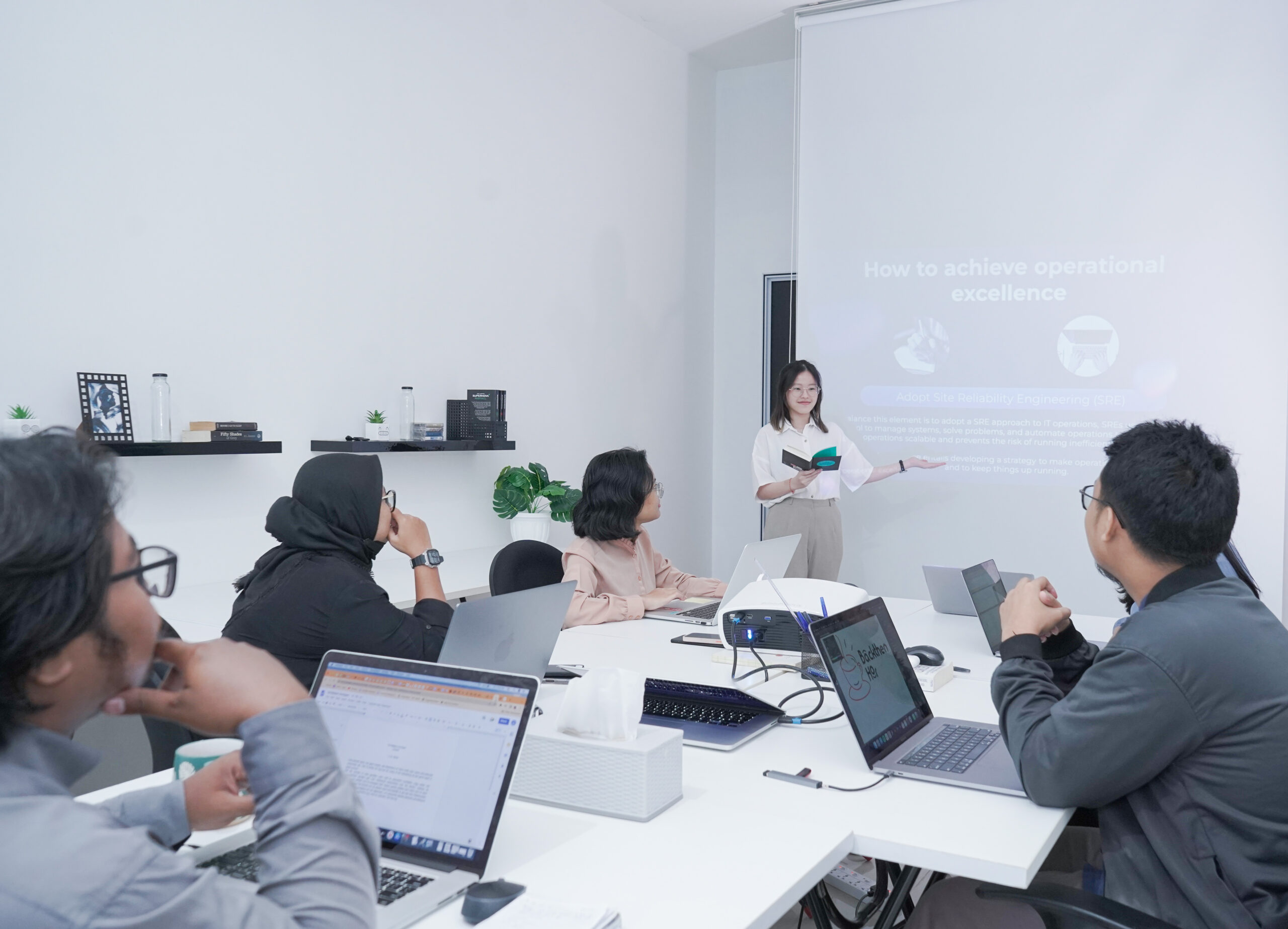Entering the thriving Batam market has a plethora of prospects for Singaporean enterprises, particularly in obtaining trained labour at a reasonable cost. However, navigating Indonesia’s employment laws requires a thorough comprehension of regional rules and regulations. Understanding Indonesian employment laws is not only advantageous but also crucial for hiring managers and business owners in Singapore who are interested in recruiting talent from Batam. This article will help you understand the legal environment to ensure your recruiting experience in Batam goes as smoothly as sailing on calm waters.
Firstly, understanding the intricacies of employment contracts in Indonesia is crucial for Singaporean businesses hiring in Batam. While an indefinite-term contract doesn’t need to be in writing, any oral agreement should be promptly followed by a letter of appointment outlining the basic terms of employment. For a fixed-term contract, however, a written agreement is mandatory. It’s important to note that all written employment agreements must be in Bahasa Indonesia, and in cases where the contract is bilingual, the Bahasa Indonesia version takes precedence. The law allows for flexibility in the negotiation of contract terms, provided they meet or exceed the minimum statutory standards set by Indonesian employment law.
Regarding working hours, the legal framework is clear: a seven-hour day over a six-day workweek, or an eight-hour day in a five-day workweek, with a cap at 40 hours per week. Any overtime requires the employee’s consent and is strictly regulated, limited to three hours daily and 14 hours weekly. Overtime compensation is generous, offering one and a half times the hourly wage for the first hour and doubling for subsequent hours. On weekends and holidays, this rate can increase to four times the hourly wage, ensuring fair compensation for employees working extra hours.
The protection of employee rights extends to salary and social security benefits. Employees are guaranteed a minimum salary that varies by province and industry, with the stipulation that basic wages must constitute at least 75% of the total salary package. Additionally, after thirty days of employment, workers must be enrolled in the National Social Security Programme (BPJS), covering a range of benefits from healthcare to pension. Employers are responsible for the entire premium for workplace accident and death benefits, while contributions to retirement and healthcare are shared between employer and employee. This comprehensive approach ensures a well-protected workforce, aligning with both local regulations and ethical employment practices.
While Batam attracts Singaporean enterprises due to its trained workforce and cost savings, the success of this endeavour depends on a deep comprehension of the legal employment environment in Indonesia. Singaporean businesses can confidently traverse these waters by adhering to the legislative requirements, which range from work hours and contracts to work licences and social security obligations. Use this guidance as a starting point to fully utilise Batam’s labour force and make sure your company expands and prospers in this vibrant area. Accept the chance to grow your workforce internationally, knowing that you are doing it in compliance with all applicable local employment regulations.
Sources
https://www.aseanbriefing.com/doing-business-guide/indonesia/human-resources-and-payroll/labor-law







